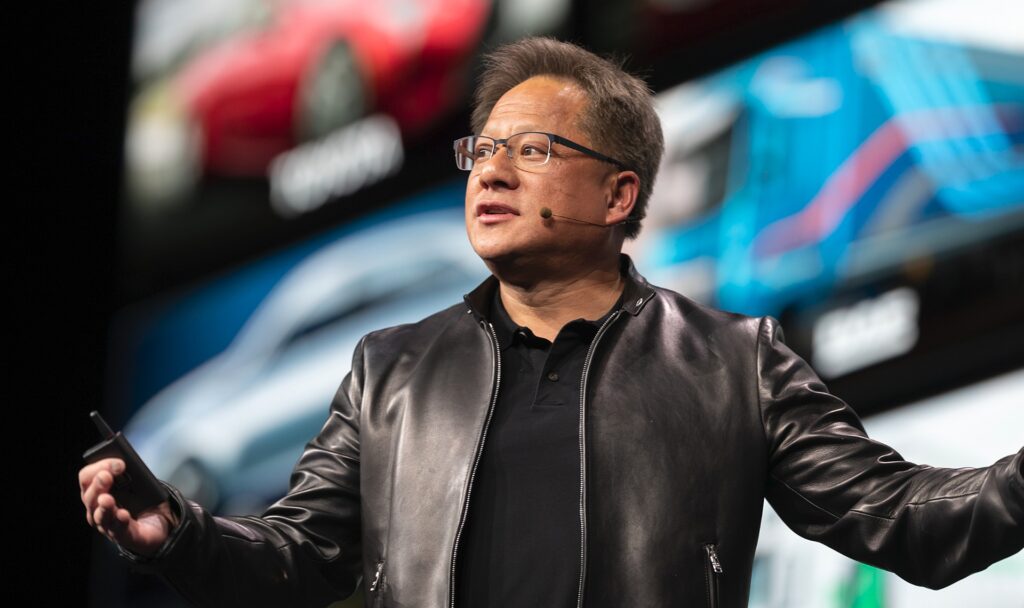A leading Gulf artificial intelligence company has said it is cutting ties with Chinese hardware suppliers in favour of US counterparts, in a sign of the growing geopolitical struggle over the new technology.
G42 of the United Arab Emirates is making the move to ensure its access to US-made chips by allaying concerns among its American partners, which include Microsoft and OpenAI, chief executive Peng Xiao said. “For better or worse, as a commercial company, we are in a position where we have to make a choice,” Xiao told the Financial Times. “We cannot work with both sides.
We can’t.” G42’s ventures include the launch of an Arabic large language model. Its investors include Mubadala, the Abu Dhabi sovereign wealth fund, and the US private equity group Silver Lake. Xiao was speaking just before reports last month that claimed to shed new light on G42’s deep links to China. According to The New York Times, US officials are worried by the Emirati company’s relationship with groups including telecoms giant Huawei.
The report suggested the US also raised concerns that G42 could provide a route for US AI technology and Americans’ genetic data to reach the Chinese government and companies. Xiao said G42 was phasing out hardware from Huawei, which had provided servers and data centre networking gear. He added that G42 had decided to pull back from its China relationships to appease its US corporate partners and to ensure it complied with Washington’s rules on exports of advanced chips.
“The impression we are getting from [the] US government and US partners is, we need to be very cautious,” Xiao said. He added: “In order for us to further our relationship — which we cherish — with our US partners, we simply cannot do much more with [previous] Chinese partners.” G42 declined to comment on recent reporting about its links to Chinese groups.
It said it had been “at the forefront of technological advancements” and had made an “overwhelmingly positive” contribution to work on AI governance, ethics and regulation. However, Xiao, who was born in China, studied in the US and is now a UAE citizen, added that G42 had never had “deep AI research relationships” with Chinese partners “because, frankly speaking, they’re not leaders in this domain”.
The decision by G42 to cut some ties to China shows how Gulf countries with ambitious AI agendas have become battlegrounds in the competition between China and the US over the fast-advancing field. In September, G42 and Microsoft announced an expansion of their partnership with a plan to make sovereign cloud offerings available to the UAE, work together on advanced AI capabilities and expand data centre infrastructure in the Gulf state.
The following month, G42 and OpenAI unveiled an agreement to use the Microsoft-backed start-up’s generative AI models in areas where the Emirati group has expertise, including financial services, energy, healthcare and public services. Microsoft and OpenAI declined to comment.
G42 and its chair, UAE national security adviser Sheikh Tahnoon bin Zayed al-Nahyan, have been crucial to the country’s push to diversify its geopolitical partnerships to secure access to the latest technologies. However, G42 has been caught up in controversies.
Reports suggest it has been involved in the development of ToTok, a UAE chat app allegedly used by the government to spy on the users’ phones. G42 did not respond to a request for comment about its alleged part in the creation of ToTok. The UAE sees itself as a node within a new multipolar world, where China, India and Russia have emerged as counterpoints to the west’s historic economic dominance. But the global scramble for AI chips, particularly those made by US chipmaker Nvidia, has limited Abu Dhabi’s room to pivot away from Washington’s orbit.
The UAE chose Huawei to install the first national 5G infrastructure in 2019, despite US objections, citing an unavailability of similar technology from western partners promoted by Washington. Since then, however, state companies have signed further deals with Sweden’s Ericsson as the UAE pursues a policy of diversifying its telecommunications partners.
Recommended John Gapper Nvidia played its way to the domination of AI The growing row over G42 highlights how it is hard for companies to simply pick the US or China when both have “a lot to offer” on AI, said Nikki Sun, an academy associate in the digital society initiative at the Chatham House think-tank. “It’s unsurprising that G42, as an AI-focused start-up, engages with China, given China’s extensive role in the global AI value chain, from hardware, talent, to end market,” said Sun, who is also a fellow at Schmidt Futures, a philanthropic venture led by former Google chief executive Eric Schmidt. “Severing these connections entirely seems very unlikely.”
G42 insists its “extensive network” of international relationships is “no different” from “any other global technology company, including US companies”. G42 has partnered with Sinopharm, the drugs company, and BGI, the genomics research group, in relationships that originated during the Covid-19 pandemic. Sinopharm trialled and later manufactured and distributed its Covid vaccine in the UAE, while G42 worked with BGI to build a detection centre for the disease in the country.
When US officials have complained about the UAE’s growing ties with Beijing, Emirati officials have replied that Washington’s reluctance to supply cutting-edge technologies gives them no choice but to co-operate with China. US reluctance to sell high-tech military equipment to the UAE and Saudi Arabia has allowed China to fill this vacuum and become an increasingly important player in the regional arms market.
Source : Financial Times


